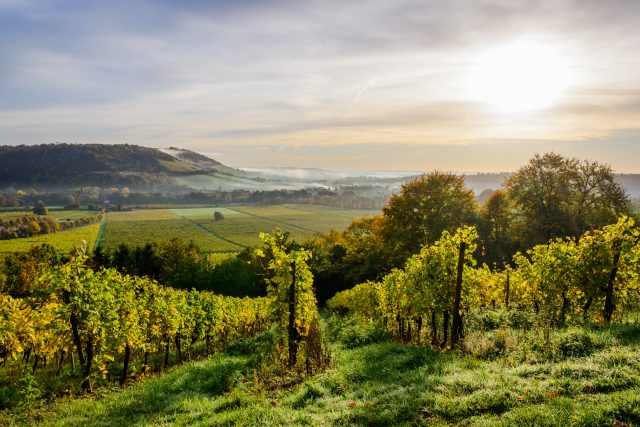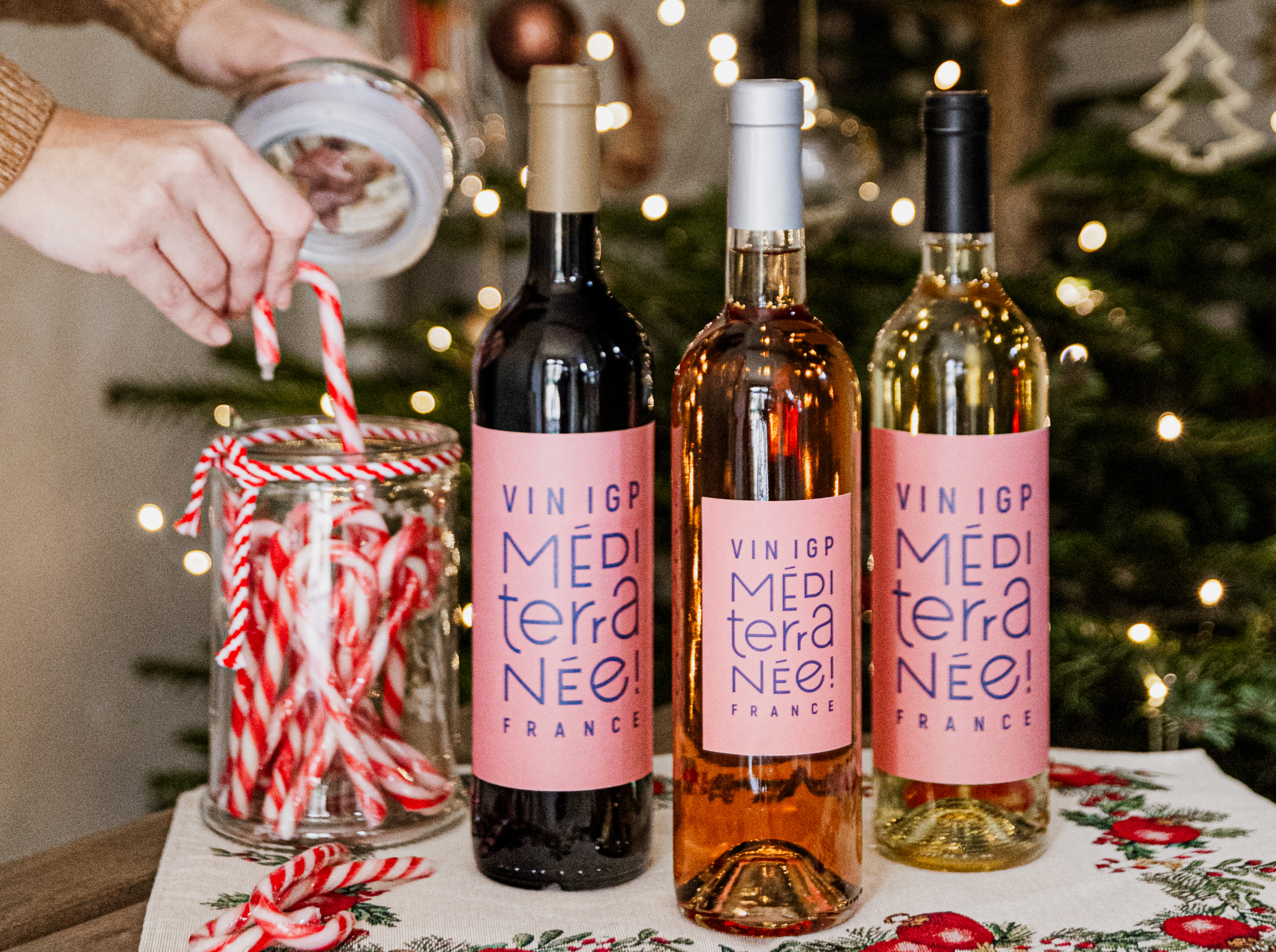Denbies Wine Estate is now certified Net Zero
Denbies Wine Estate in Surrey has achieved Net Zero status, making it the first in the UK and one of only a handful wine producers across the world to do so.

All parts of Denbies’ wine production process, including bottling and transportation as well as viticultural methods in the vineyards, and the vines’ habitats and soil, had to comply with framework set out by the UK Carbon Code of Conduct (UKCCC) in order to be certified Net Zero.
The estate, which spans 153 hectares in the Surrey Hills, South East England, took several measures to reach the milestone, including leaving 10 acres (4ha) of land within the vineyard in its natural state to encourage biodiversity.
Self-generating green energy was also installed on the winery’s buildings.
“This is another example of the UK wine industry continuing to strive for excellence in all areas of wine production,” said Chris White, CEO of Denbies Wine Estate. “We committed to becoming Net Zero as part of a five-year plan in 2022 and are delighted to have reached that goal in under two and a half years,”
Partner Content
Rather than simply buying carbon credits, becoming truly carbon positive is about reducing a company’s carbon footprint across all areas of the business. Denbies’ most recent assessment shows a carbon balance of -96 tonnes of CO2e, demonstrating that the business sequestered more carbon dioxide than it emitted.
Other producers which have achieved the same goal include Ross Hill in Australia and Fetzer Winery in California, both of which hit the target in 2016. Both were also the first wine producer in their respective country to achieve Carbon Neutral status.
Earlier this year, the drinks business asked whether such a thing as a sustainable wine bottle really exists. Read about it here.
Related news
Castel Group leadership coup escalates
For the twelfth day of Christmas...
Zuccardi Valle de Uco: textured, unique and revolutionary wines




